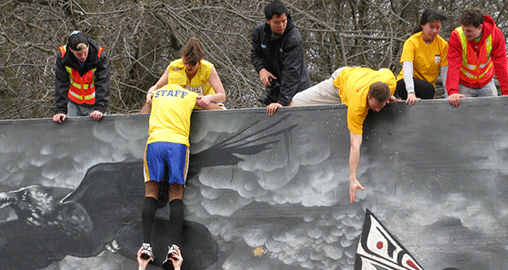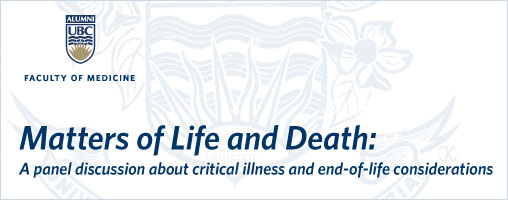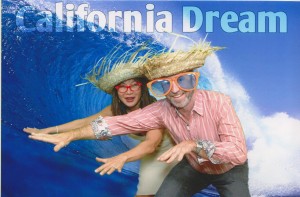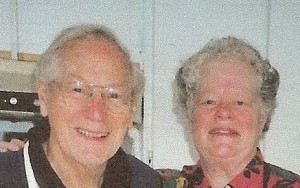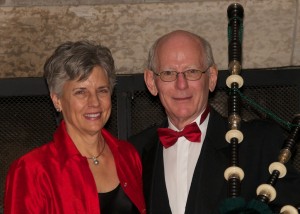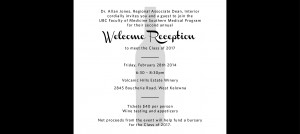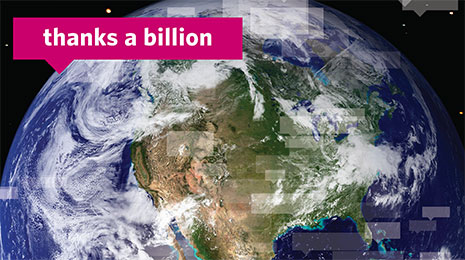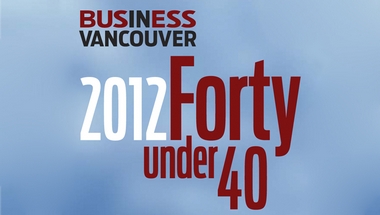For more than 30 years, Storm the Wall has been an iconic event on the Point Grey campus. Now UBC REC and Alumni Affairs invite you to re-live the experience of scaling a 12 foot wall with four of your friends. Legs of the relay race include a swim, sprint, bike and run all followed by the challenge of getting your team up and over the wall.
We know it may have been a few years since you last stormed the wall or perhaps you missed out on the Storm the Wall experience as an undergrad…Not to worry, You’ll have help along the way and at the walls to make sure you get over.
To take part of these alumni races, your team of 5 must have at least 3 UBC alumni.
Event Details
Sunday, March 24, 2013
9:00 – 1:30 pm
Registration: 9:00 – 9:30 am in the Student Union Building Party Room
Wall Training Clinic: 9:30 – 10:30 am
Storm the Wall Alumni Races: 11:00 am – 12:00 pm
Casual Lunch: 12:00 – 1:15 pm in the Student Union Building Party Room
Team Composition
5 people are needed to race; however, it is recommended that teams have 6 people on their team roster when they register.
- Men’s Teams – all participants should be men; however any combination of men and women is allowed to race in this category
- Women’s Teams – all participants must be women
- Co-ed Teams – all Co-ed teams must have a minimum of 2 women race, otherwise they will be deemed to be a Men’s Team
Attire and Equipment
All racers: Dress in layers. The event will have both indoor and outdoor components, so you may need to remove or add clothing during the event.
Swimmer: Please arrive with your swimsuit on underneath your clothing. There will be a changeroom; however, there is limited time to change before your race.
Runners, wall persons: Appropriate attire for racing includes: running shoes, shorts, jogging pants, track pants, t-shirt, sweatshirt.
Cyclists: Helmet and bike required (rentals available upon request). Appropriate cycling clothing and cycling shoes are suggested, if available. Please note, that you will not be allowed to climb the walls with your cycling shoes, so bringing an extra pair of running shoes is advised.
No Bike? No Worries! UBC REC will have a select number of bikes available for use at Storm the Wall. Please send an email to storm@rec.ubc.ca to request a bike reservation. You will be notified whether there is a bike (and helmet if needed) available for your race.
Please include your:
- First and last name
- Heat day and time
- Phone number
- Whether or not you need a helmet
Click here to Register Today!
Registration is $82 per team. Register by Wednesday, March 13.
